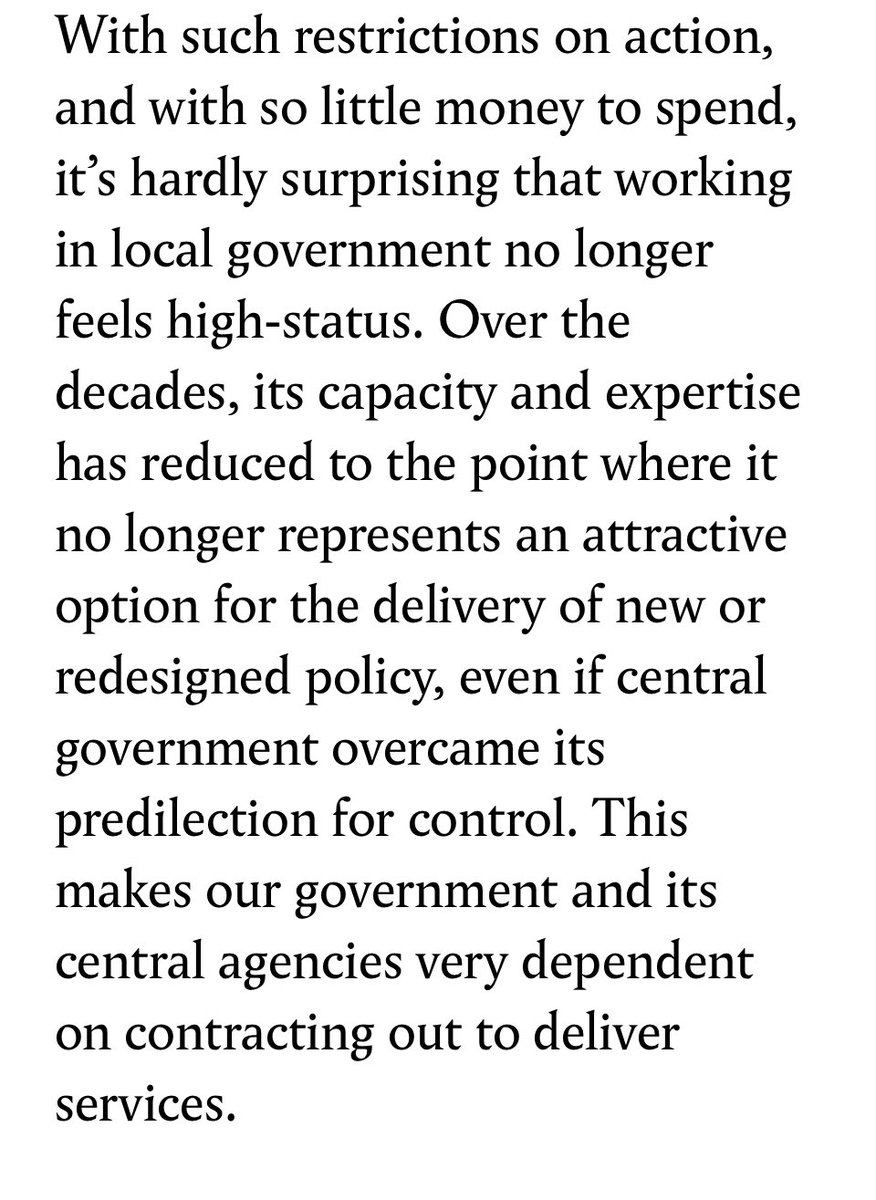
Important - because he is a UK legislator for life - to dispose of this incorrect (not arguably incorrect, just wrong) claim by @danielmgmoylan.
https://twitter.com/danielmgmoylan/status/1417043837269299202
The claim is that an express obligation in a treaty does not bind if it is inconsistent with the context (here, the mutual objective of peace in NI).
But the relevant principle (with reference to the Vienna Convention) was explained by Lord Sumption in Reyes. 

See the last two sentences. You cannot cite “context” as an alternative to the text. End.
• • •
Missing some Tweet in this thread? You can try to
force a refresh















